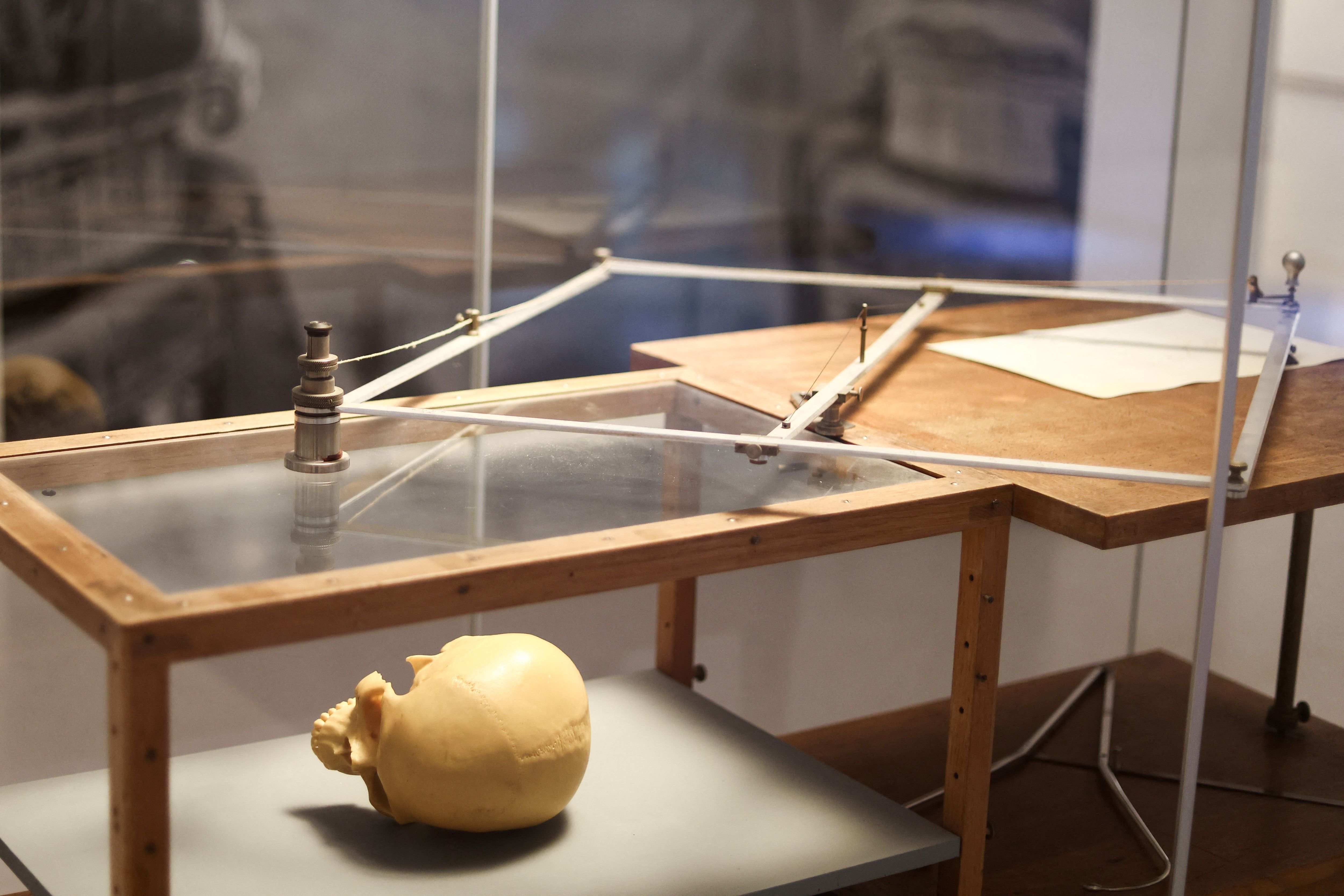Bioethics committee calls for ban on trade in human remains

The Belgian Advisory Committee on Bioethics has called for European legislation to ban trade in human remains. It also believes that remains from colonial times should no longer be exhibited in Belgian museums. “We ask that these remains be treated with respect,” says committee member Philippe Lardinois.
Several institutions in Belgium hold human remains from archaeological excavations that were forcibly acquired or bought by collectors during the colonial period. Three museums – the AfricaMuseum, the Museum of Natural Sciences and the Art and History Museum – had requested advice.
The committee examined the issue from ethical, legal and anthropological perspectives and made 13 recommendations. These include guidelines on displaying remains from institutional and private collections, which should always adhere to the principles of dignity and scientific purpose.
"We ask that these remains be treated with respect"
In the case of remains from colonised countries, the committee is stricter. These “were collected in a context of violence and with the aim of establishing a racial hierarchy”, and the committee believes there is no justification for exhibiting them.
The return and repatriation of human remains cannot take place within a purely administrative framework, it says, but must be based on dialogue with the countries concerned. The committee also proposes that any remains that are unclaimed be housed in a memorial.
A craniograph and skull on display at the AfricaMuseum in Tervuren during the exhibition Human Zoo: The Age of Colonial Exhibitions. The exhibition showed how human zoos were powerful vehicles for racist stereotypes © KENZO TRIBOUILLARD / AFP